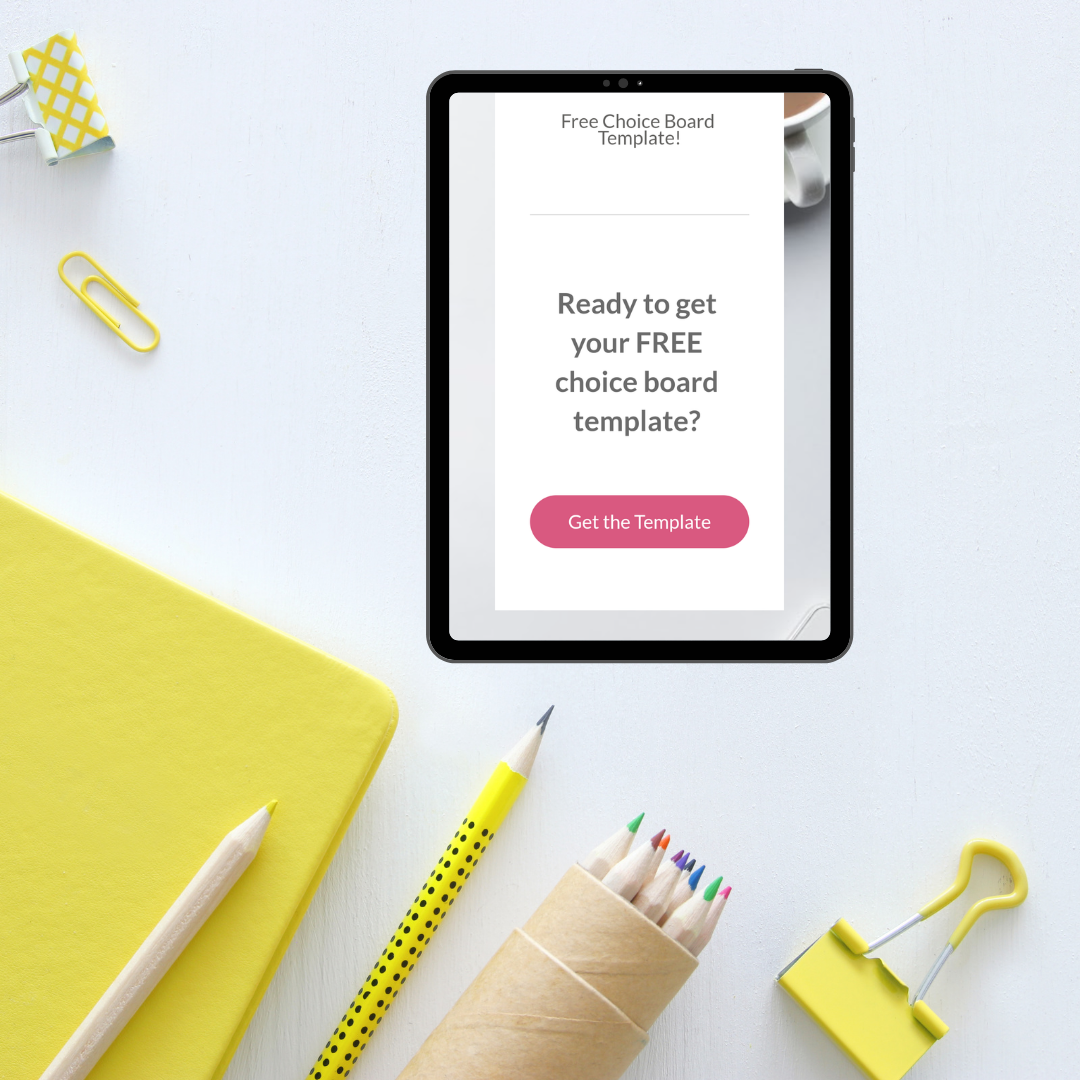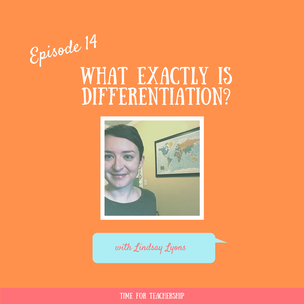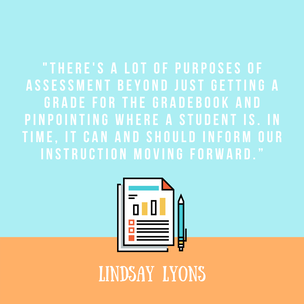|
In the Time for Teachership episode, host Lindsay Lyons shares specific strategies for working with students with Individualized Educational Plans or IEPs. “Supporting students with IEP was my job for seven years when I taught high school in New York City public schools. This is such an important aspect of teaching: supporting all students with all kinds of approaches to learning.” Although students with IEPs or 504s need a good level of support, she says that all students have different needs regardless of the labels. So learning about teaching special education classes is something that can be applied to a wider scope. In education, differentiation means tailoring instruction to meet individual needs. But how does a teacher know which route to go? It can be quite overwhelming when you start thinking of all the different ways to personalize learning. When breaking down the types of differentiation, Lindsay refers to a template and the words of Carol Ann Tomlinson. Tomlinson says “Differentiation is a teacher's proactive response to learner needs. [Those needs] [are] shaped by mindset and guided by the general principles of differentiation.” It’s about supportive environments and getting to really know your students. Also assessment is a big part of getting the necessary knowledge for differentiation. It gives students the ability to voice their needs and suggestions. That’s something that would be very useful for teachers when creating lessons and instruction. Understanding students from a qualitative perspective breaks the idea that they should only be measured by how well they’re performing on tests, or what their grades are, etc. Lindsay explains differentiation is not tracking your students. It’s not being rigid or limiting choice. It’s not calling your students “low skilled” or saying that they have an “ability” for this one thing because that doesn’t recognize the fluidity of student’s skill development. A great example is Tomlinson’s use of the phrase “readiness” over those other terms. “So instead of saying students have a particular ability, right, they're “high skilled” or “low skilled” or something like this...we instead say “readiness” they’re at the readiness for this type of skill at this type of level. And if they are not there, that just simply means they're not ready yet.” One thing that Lindsay shares from her experience is that she used to take out all the information from a textbook and just break it up to give to students, not seeing a better way. But she saw that student’s didn’t find that method helpful and realized that it’s not about dumbing down anything. There can still be high expectations for students but there needs to be the right level of support from the teacher for them to succeed. Secondly, there are the four types of differentiation to consider. The four types are content, process, product, and affect or environment. Content Content centers around the information that is reaching students. What topics get picked to present to them over other ones? The goal is to keep students engaged and teach them about what they have a lot of interest in. And it can be tricky when some students have already seen this content, so there are those different entry points. Process When it comes to process differentiation, reading text, watching a video, writing notes down, creating a hands on project or diagram, etc. are some of the ways students can interact with the content and remember it the best. Perhaps some students will want to have discussions about it because they get to process and make sense of what they’re seeing or reading. Product The third type is about how students are expressing what they have learned in the class. Traditionally, we assign final papers or assessments to students to determine this. But it can be a struggle for many students to summarize their learning in that way if they are much more verbal with expression. So it is important to give more options and think a little creatively about how students can show you what they know and their analysis of those key concepts. Affect/Environment Finally, environmental differentiation is the way the classroom works and feels. Examples of making the environment personalized for IEP and other students could be: making sure there are places in the room to work quietly and without distraction, providing a space for collaboration, adding elements to the class that represent diversity and cultures, and the option to discuss one on one with the teacher. All these ideas together show that choice is a crucial part in the process of differentiation. That’s why there is a choice board template Lindsay created that allows you to write down things for content, process, product, or environment. Remember, “You do not need to differentiate in all four ways for every student every single day. Please keep that in mind. Everything that you create around differentiation is one step forward for the personalization of your students learning and for your larger classroom community as a whole.” To continue the conversation, you can head over to our Time for Teachership Facebook group and join our community of educational visionaries. Until next time leaders, continue to think big, act brave, and be your best self. Links:
0 Comments
Leave a Reply. |
Details
For transcripts of episodes (and the option to search for terms in transcripts), click here!
Time for Teachership is now a proud member of the...AuthorLindsay Lyons (she/her) is an educational justice coach who works with teachers and school leaders to inspire educational innovation for racial and gender justice, design curricula grounded in student voice, and build capacity for shared leadership. Lindsay taught in NYC public schools, holds a PhD in Leadership and Change, and is the founder of the educational blog and podcast, Time for Teachership. Archives
May 2024
Categories |




 RSS Feed
RSS Feed